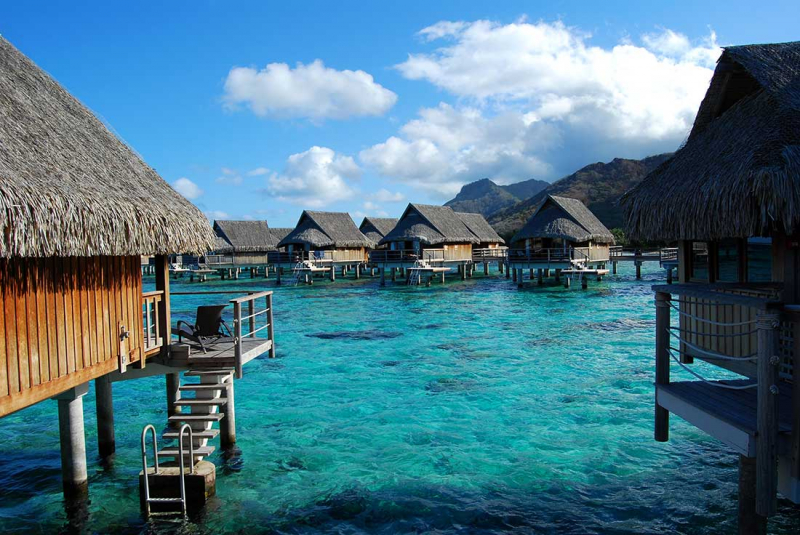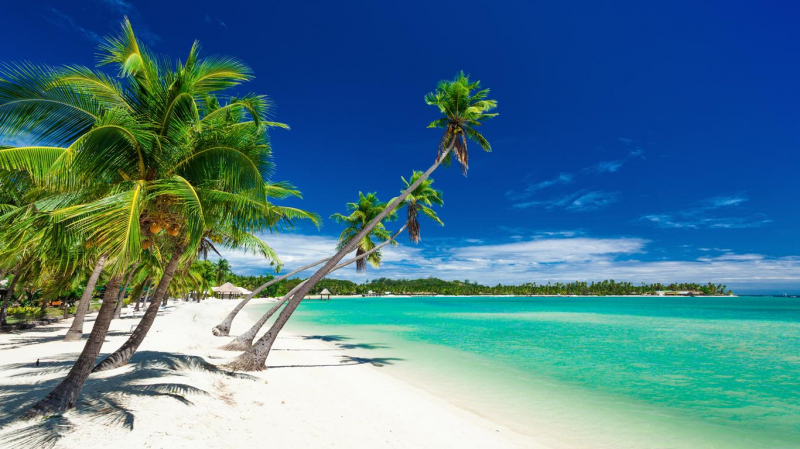All-year-round Destination

Fiji is an idyllic island nation with warm, bright weather and enticing white sand beaches that is appealing all year long. Visit the island during the dry season when the weather is perfect for swimming, sunbathing, and snorkeling to get the most out of island life. If you travel in the shoulder seasons, you might have the beach to yourself and save money on your hotel and flight. While the weather is more prone to cyclones and daily rain showers, the wet season offers unique cultural experiences, less tourists, and reduced rates.
With families and students on vacation, the dry season, commonly known as the "Fijian winter," (May to October), is busier. Even yet, there hasn't been much rain, and the visibility is perfect for snorkeling and scuba diving. You'll endure brief rainstorms throughout the rainy season, but costs will be moderate, and there won't be as many people on the beaches. The majority of tourists choose Fiji as a beach location for water sports, but there are also many of opportunities for cultural experiences.
The main island of Fiji, Viti Levu, has a number of opulent resorts where you may sunbathe during the dry season. You can also boost your chances of sighting a manta ray or whale shark by traveling to the isolated south shore of Kadavu Island. One of the world's largest barrier reefs, the Great Astrolabe Reef, is accessible from this spot for snorkeling and diving.
Considering lodging in the country's dry zone in the west, where rainfall is limited, or in its capital city, Suva, where options for festivals and cultural experiences are many, is a good idea if you're traveling during the wet season. You may still be able to enjoy the sun in either location despite the possibility of tropical storms and cyclones during the rainy season because annual temperatures range from 64°F (18°C) to 86°F (30°C).












